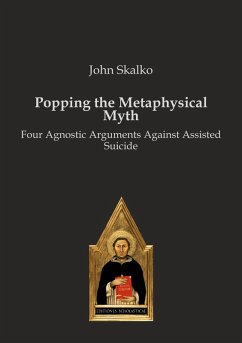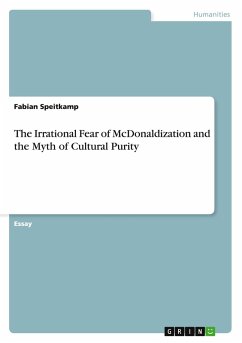In the debate over assisted suicide, it is popularly assumed that most arguments against the practice are religiously based. This book challenges that narrative by showing that four arguments compatible with an agnostic point of view concerning the existence of God and the afterlife entail a rejection of assisted suicide. First, assisted suicide is only good for the patient, if they are actually made better or at least not worse off than before. But how can you be better off if you don't exist anymore? An adequate assessment about the logical possibilities of the afterlife then must be made and most entail rejecting assisted suicide. Second, suicide contagion is real. Studies have found that legalizing assisted suicide has increased regular cases of suicide. Third, there is a misunderstanding about the category of relations. Fourth, many of the arguments in favor of assisted suicide often entail abhorrent practices. If you're open-minded about the afterlife or wondering whether assisted suicide is good for society, this book's for you.This book is a must read in any course of study treating the morality of suicide, physician assisted suicide, and euthanasia. Assuming an agnostic stance regarding the existence of God and an afterlife, Dr. Skalko argues convincingly that it is more probable that suicide is not a rational response to severe human suffering. Contra the popular quality of life model of medical ethics, Dr. Skalko also shows that suffering isn't the greater or greatest evil in the debate.-Daniel C. Wagner, PhD, Associate Professor & Chair of Philosophy, Aquinas College
Hinweis: Dieser Artikel kann nur an eine deutsche Lieferadresse ausgeliefert werden.
Hinweis: Dieser Artikel kann nur an eine deutsche Lieferadresse ausgeliefert werden.








